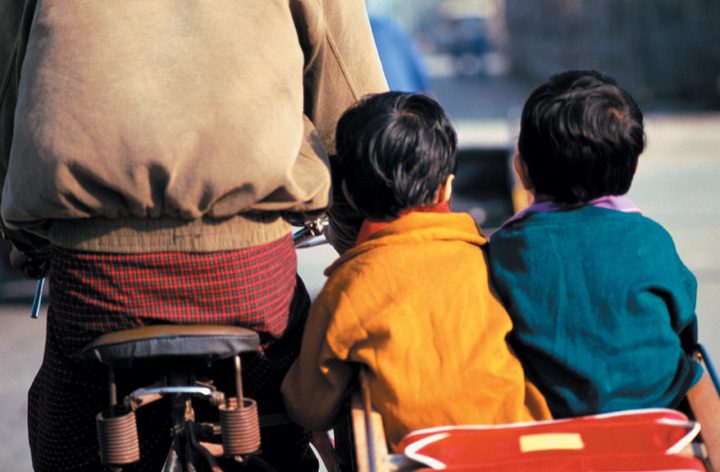
Assessing system capacity for implementing interventions for safe school routes in a Tier II city in Madhya Pradesh, India
Globally, road traffic collisions are the leading cause of death among adolescents. India has an increasing burden of road injuries among adolescents. Our previous qualitative work found that understanding context is critical to enable implementation of effective interventions to reduce the burden of road injury among adolescents. On 29th July 2020, the New Education Policy was introduced by the Government of India which proposes accessible education for special groups by providing bicycles. Knowing the vulnerability of pedestrians and cyclists, we need measures to ensure equitable and safe routes to school, to achieve the goal of accessible education for every child.
We will use a sequential, mixed methods approach to evaluate the road environment quantitatively using the International Road Assessment Programme (iRAP) Star Rating for School App, followed by qualitative investigation with key stakeholders to assess system capacity for implementation of safe school routes in Madhya Pradesh. The proposed methods are feasible in the current context of COVID-19 and do not pose any risk to participants. Our findings will inform the co-design of road safety interventions to make the school commute safer, which may include speed reduction around schools (max speed of 30km/hr), proper signage, enforcement and more, which can then be tested for effectiveness in future research.
Project Aim:
To establish safe routes for commute to schools in the context of a Tier II urban city of India.
Objectives:
To conduct star rating for school safety among schools across diverse socio-economic neighbourhoods in a Tier II city in Madhya Pradesh, India
To assess system capacity for implementation of school road safety interventions.
Our primary outcomes will be: a rating of the roads around schools for safety from 1 to 5 stars; a map of the meso-stakeholders and understanding of systems capacity; and identification of barriers and facilitators to improving roads around school and developing a road safety package for schools. Based on these findings, the next steps will be to co-design a road safety intervention package for safer roads for commute to school in alignment with the New Education Policy 2020.
This project is funded through a small grant from the Road Traffic Injury Research Network and contributes to the Child Health Initiative and the 6th UN Road Safety Week in 2021 to reduce speeds in urban areas to 30km/hr. The Atal Bihari Vajpayee Institute of Good Governance and Policy Analysis (AIGGPA), Bhopal, Madhya Pradesh, is a collaborator on this project.



